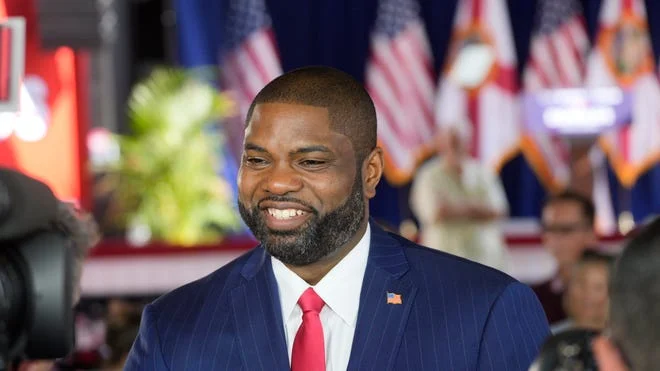
Could Florida’s Next Governor Come from Outside the Parties?
In a bold move that could redefine Florida's political landscape, State Senator Jason Pizzo has declared his intention to run for governor as an independent candidate. This announcement, coming amid a history of bipartisan dominance in the state, raises intriguing questions about voter preferences and the potential for change in one of America's most contested electoral arenas.
Pizzo, a former Democratic leader in the Florida Senate, made headlines when he abruptly switched his affiliation to no-party status in April, citing the Democratic Party's ineffectiveness in the state. In interviews with CBS News Miami and other outlets, he confirmed his gubernatorial ambitions, stating emphatically, "Yes, I am" running. Pizzo emphasized the need for a leader focused on practical issues like infrastructure, education, and financial stability, rather than partisan rhetoric. "We need somebody who can balance a checkbook, who understands finance," he explained, highlighting concerns shared by everyday Floridians such as rising property insurance costs and flood risks.

Analysts point out that Pizzo's decision is both a gamble and a strategic play. Florida hasn't elected a governor outside the major parties since 1848, with Republicans holding sway since Jeb Bush's era. Yet, Pizzo argues that the state's 3.7 million no-party-affiliation (NPA) voters hold the key to victory, as he noted, "NPAs decide who win elections in this state." His background as a successful attorney and businessman, combined with a pledge to self-fund up to $25 million of his campaign, positions him as a formidable contender. Critics within the Democratic Party, including Chair Nikki Fried and Congresswoman Debbie Wasserman Schultz, have lambasted the move as a "temper tantrum," warning that it could split votes and hand the win to Republicans like U.S. Rep. Byron Donalds, who has Donald Trump's endorsement.
Comparatively, the race is heating up with other potential candidates, such as First Lady Casey DeSantis, who has hinted at entering the fray. Pizzo's campaign rhetoric sets him apart, promising to address "fiscal and resiliency challenges" without the "baggage" of major-party figures. This independent bid invites comparisons to past outsider runs, though Florida's electoral system poses hurdles, including the lack of party infrastructure. Despite this, Pizzo's wealth and track record—unseating a sitting senator in a competitive race—suggest he could mobilize support effectively.
As the 2026 election approaches, Pizzo's announcement underscores a growing discontent with traditional politics. With Florida facing issues like economic pressures and environmental concerns, his message resonates with those seeking pragmatic solutions over ideological battles. Whether this marks a turning point or merely a spoiler effort remains to be seen, but it highlights the evolving role of independent voices in American politics.
In summary, Jason Pizzo's independent run for Florida governor could signal a shift in the state's political dynamics, challenging the dominance of the two-party system. What do you think—could an independent candidate truly shake things up in Florida? Share your thoughts in the comments below and let us know how this development might impact the 2026 race.